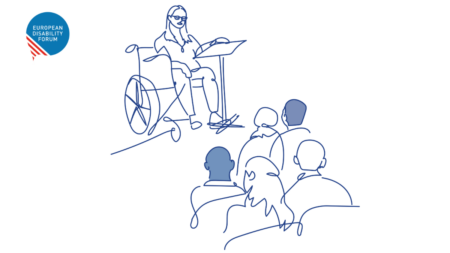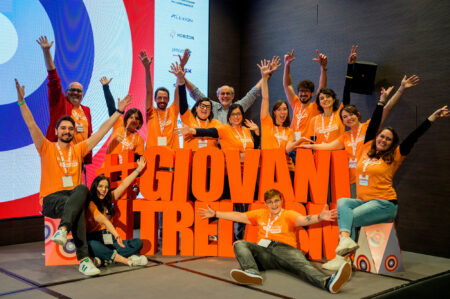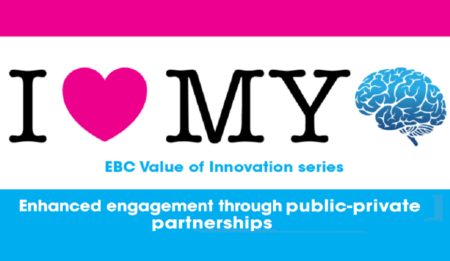
“Enhanced engagement through public-private partnership” Event Report
21.12.2018November 21st was a busy day for our young advocates. Firstly, they attended the Brain, Mind and Pain MEP interest group high-level meeting in the European Parliament. Secondly, under the theme of “Enhanced engagement through public-private partnership” the European Brain Council’s event granted them an excellent opportunity to raise their voices at yet another European scene.
Highlighting collaboration, innovation and multi-stakeholder engagement, the organizers called for fighting against fragmentation and lack of information. The aim for the day was to create a forum and foster dialogue focused on improving outcomes for patients in 3 key areas – Research & Development in Brain Health, Patient Engagement and Disease Awareness. Attendees could enjoy a great spectrum of presentations with examples on successful public-private partnerships.
The importance of the Private Sector in improving outcomes for Brain Health
Ms Sohini Chowdhury, Deputy CEO of the Michael J. Fox Foundation for Parkinson’s Research addressed the question of the role of non-profits in advancing therapies for brain diseases and in public-private partnership. The main objective of the foundation is to aggressively fund research to find a cure for Parkinson’s and to ensure the development of improved therapies for those living with Parkinson’s disease (PD) today. Ms. Chowhury underlined collaboration as one of the key opportunities to leverage and or add resources to accelerate and/or amplify activities supporting new drug development.
Jacobo Santamarta Barral raised the question of the ownership of the medicine after research based on public-private partnership. In her response, Ms. Chowdhury highlighted that the non-profit organization is only playing a facilitator role in the process.
R&D Breakthrough’s in Brain Health
During the Research and Development Breakthroughs in Brain Health session, Prof. Wolfgang Oertel, Vice-President of EBC, representing the European Association of Neurology, was speaking about the latest breakthroughs in neurology mentioning all the medical milestones in MS research.
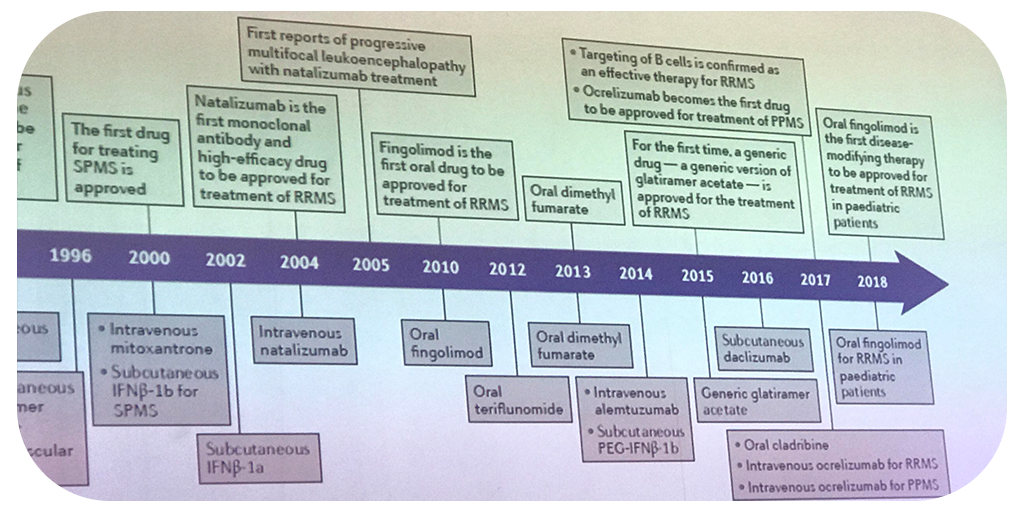
Danny Bar-Zohar, Global Head of Neuroscience Development at Novartis, presented their multi-stakeholder project looking to “crack the code” of Multiple Sclerosis. The goal: influence clinical practice, care of patients & optimise clinical development.
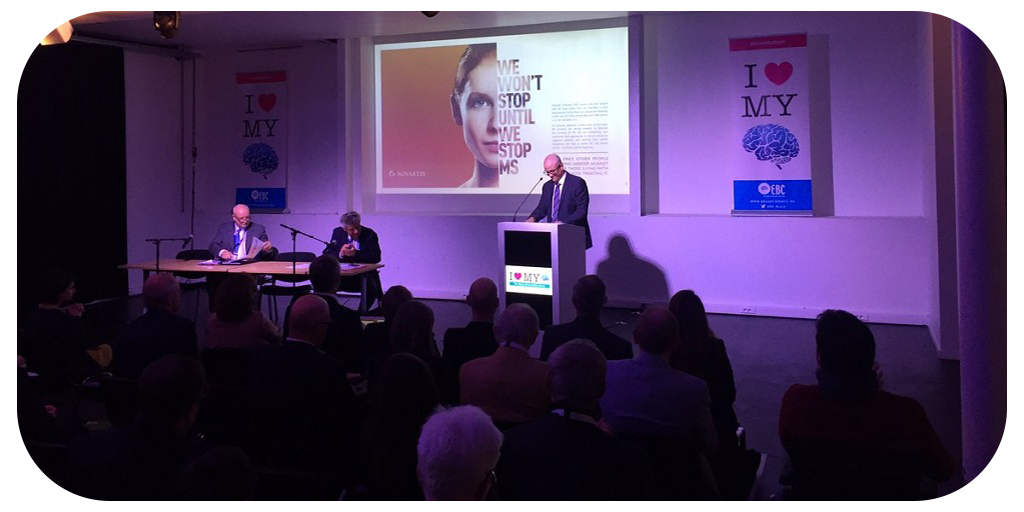
The importance of engaging patients in their conditions
During an interactive session the audience voted for patient voice, progress and results as the most important benefits of effective multi-stakeholder involvement in R&I in the brain health space. Meanwhile, complexity, stigma and lack of trust came out as main hurdles in that area. The audience also agreed that healthcare companies and researchers should increase research and include patients’ perspective in order to improve research outcomes and enhance innovation in the brain health space.
Last, but not least, a final poll highlighted the importance of empowered patients’ engagement both in advocacy, decision-making process and research.
Engaging patients in their care
The conference was closed by Vanessa Pott, David Yeandle and Pieter Van Galen presenting the achievements of MS in the 21st Century project of Merck as a model for better patient engagement. This internationally renowned group has created numerous resources and published 3 peer-reviewed papers. Their patient Steering Group, comprising of international MS experts, including representatives of the European Multiple Sclerosis Platform, works to improve standards of care for people with MS.
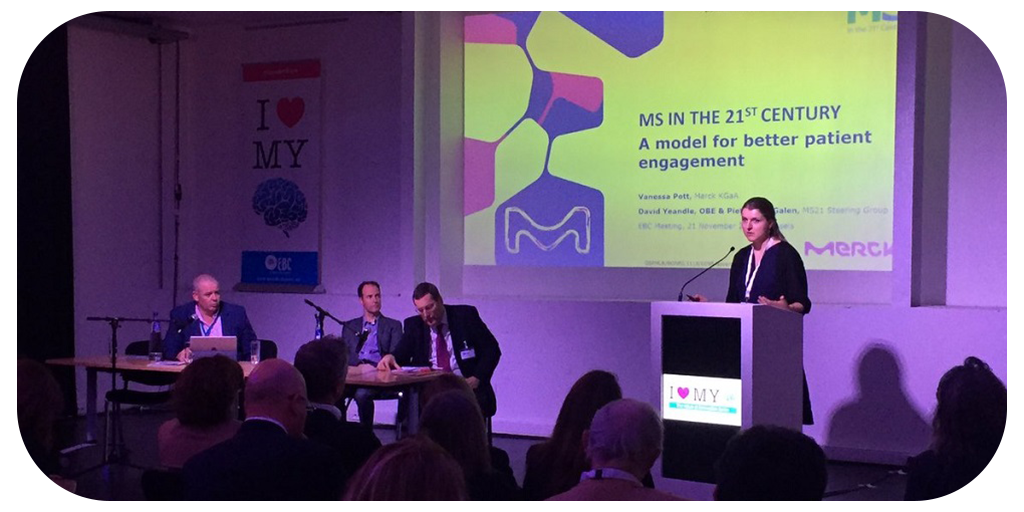
 Your Account
Your Account